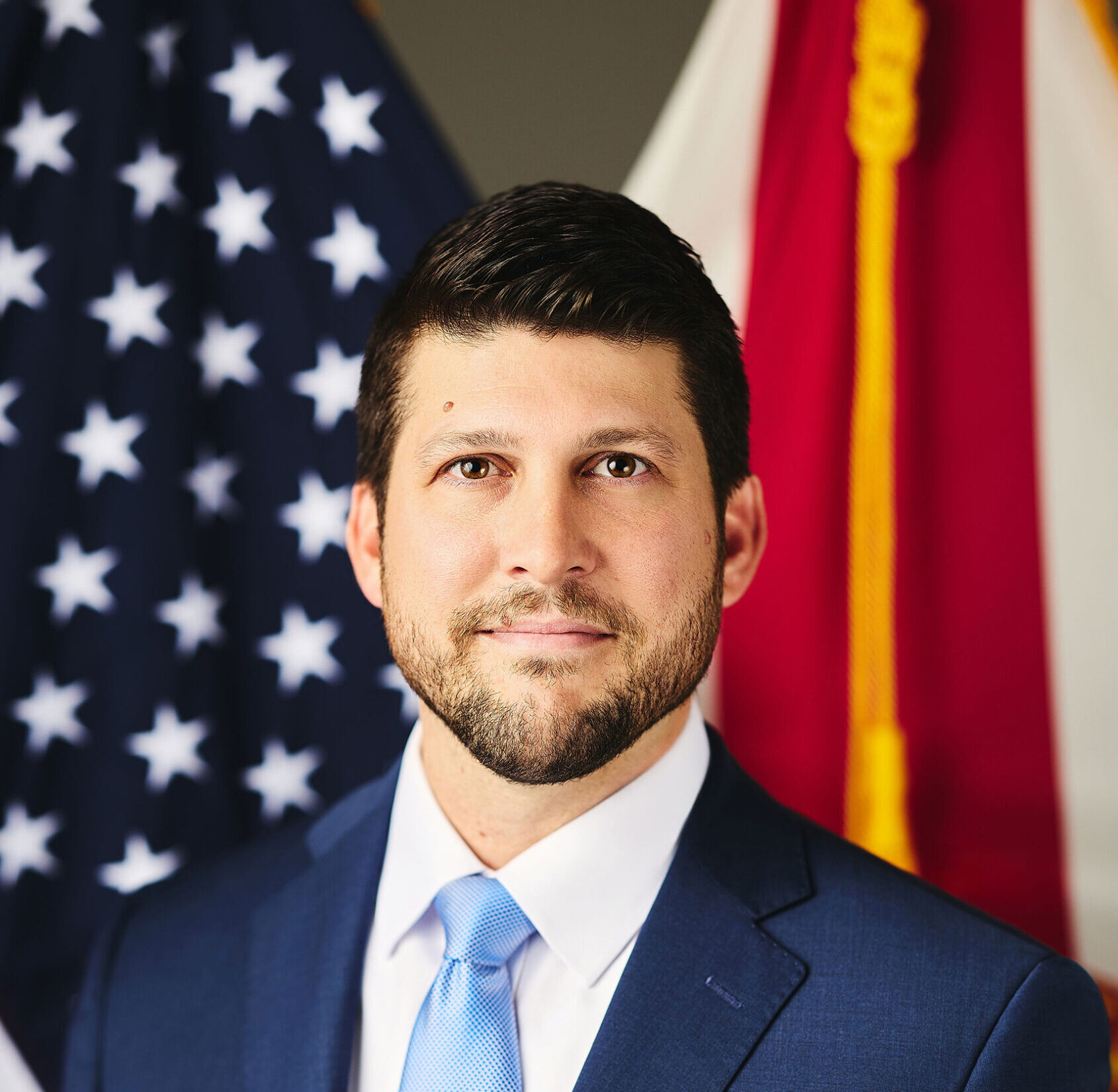As artificial intelligence (AI) continues developing, people are naturally worried we will be seeing the rise of Skynet, HAL 9000, Ultron, or any other infamous examples seen in science fiction. But where do we begin on regulation to ensure that does not happen? Senator Marco Rubio (R-FL) said in a Washington Times op-ed that Congress should not attempt to regulate AI just yet.
Sen. Rubio began by quoting Senator Richard Blumenthal (D-CT), who recently said, "You need to do legislation and learn at the same time." This, Sen. Rubio writes, "bears the imprint of a classic error in left-liberal thinking: the idea that action is always better than inaction, even when we have no idea what we’re doing."
While he is not arguing against implementing regulations against AI altogether, "the technology is changing so rapidly that computer scientists can barely keep up with it, much less politicians."
Rubio acknowledged the benefits of artificial intelligence in his op-ed, saying it could "energize the economy" and "revolutionize national security," for which the United States, China, and Russia are competing.
As a result, attempting to regulate AI now when we have barely scratched the surface of its potential could be "too heavy-handed, stifle domestic innovation, and transfer the technological edge to our adversaries."
"Imagine a world in which the People’s Liberation Army is months or even years ahead of the Pentagon in the realm of AI. We would be at the mercy of next-generation influence campaigns, market manipulation, and election interference. And in the case of conflict, our men and women in uniform would be at a severe tactical disadvantage," warned Rubio.
Additionally, AI regulation now could be weaponized not only by our adversaries; but special interests at home, such as Silicon Valley, to reduce competition. This, in turn, would stifle innovation, as mentioned above.
A good starting place, he suggested, would be to enforce disclosures of AI-generated content and prohibit joint ventures and technology transfers with foreign adversaries.
"We should leave “lightspeed” to the computer scientists and work as the Founders intended — carefully and methodically. It may not be efficient, but it requires no pretense, and it keeps drastic unintended consequences at bay," Rubio concluded.









